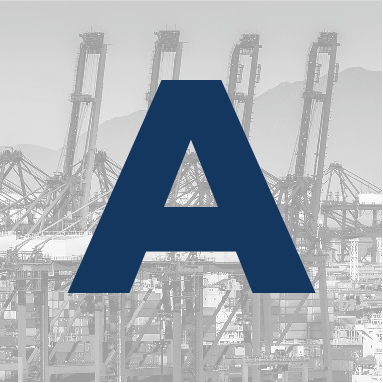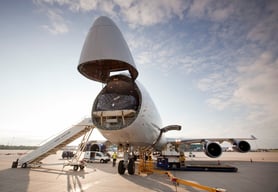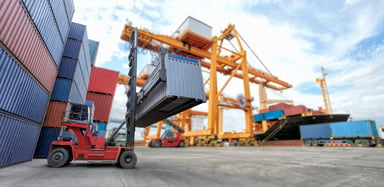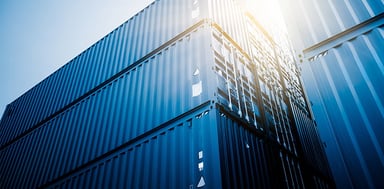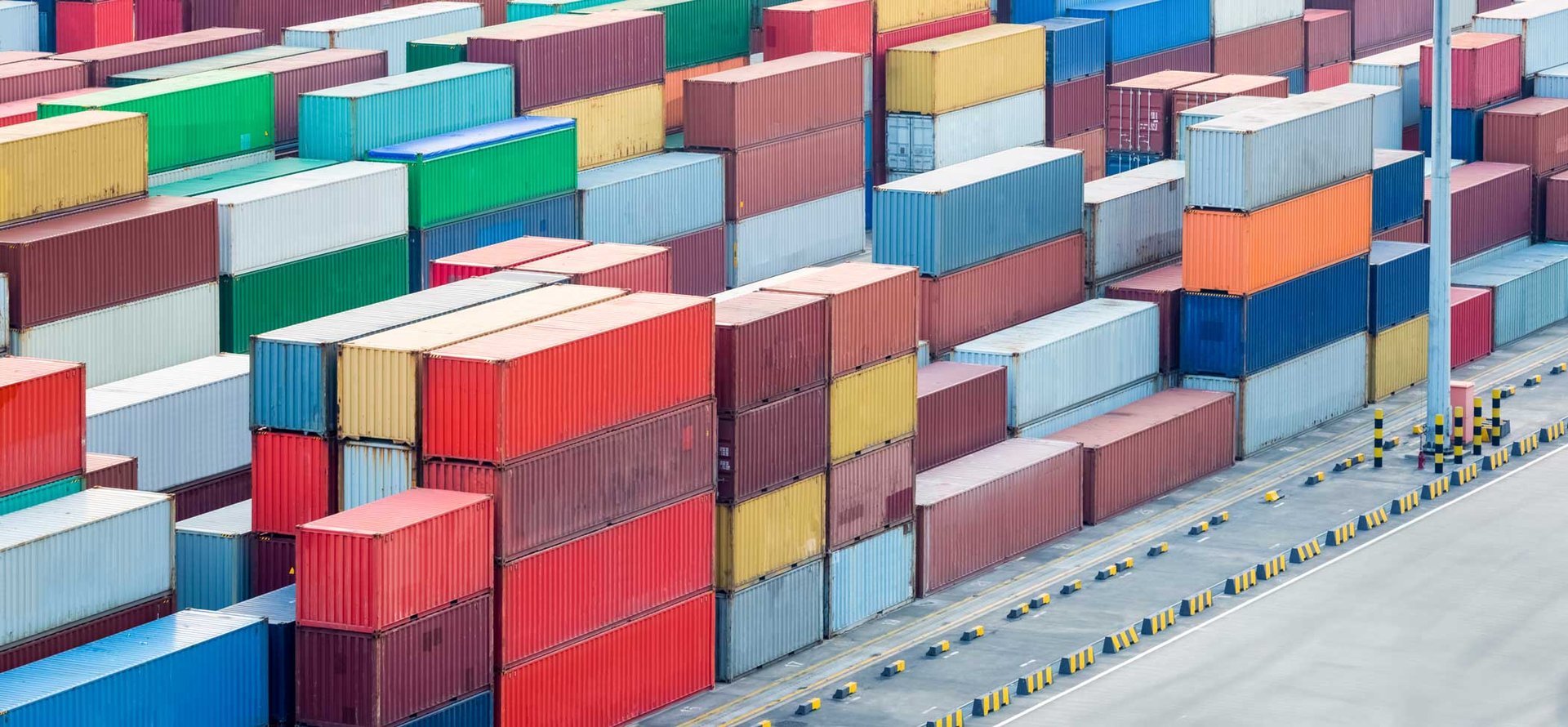
Air Waybill (AWB)

Home > Freight Glossary >Air Waybill (AWB)
What is an Air Waybill?
An air waybill (AWB) is a legal document issued by a carrier that provides detailed information about a shipment. It serves as a receipt for the goods and a contract of carriage between the shipper and the airline. Unlike a bill of lading, the AWB is not negotiable and does not transfer ownership of the goods. It’s used for air waybill shipments in both domestic and international air freight, ensuring that cargo is properly documented throughout the transport process.
How Can You Get an Air Waybill?
To get an AWB air way bill, the shipper or their freight forwarder fills out the air waybill form when booking a shipment with the airline or logistics company. This form includes details like the shipper’s and consignee’s information, the description of the goods, the weight, and any special handling instructions. You can obtain the form directly from the airline or through electronic systems used by logistics providers.
How to Find and Use an Air Waybill Number?
The airway bill number is a unique identifier assigned to every shipment, allowing both the shipper and the consignee to track the package throughout its journey. The awb number meaning refers to this tracking number, which is usually 11 digits long. To track a shipment, you can use the airline’s tracking platform or a third-party logistics tool by entering the airwaybill number.
Types of Air Waybills
- International Air Waybill: Used for global shipments, an international air waybill includes all necessary documentation for customs clearance and regulatory compliance.
- Electronic Air Waybill (e-AWB): An electronic air waybill (e-AWB) replaces the traditional paper document, simplifying the shipping process by handling everything digitally. This reduces paperwork and speeds up the handling of air waybill shipments.
International Air Waybill
An international air waybill is used when goods are shipped across borders. It includes additional details required for customs, such as the value of the goods, the country of origin, and any applicable duties or taxes. The international air waybill number is essential for tracking and ensuring that the shipment meets all international shipping regulations.
Electronic Air Waybill (e-AWB)
The electronic air waybill (e-AWB) is an industry-standard digital version of the traditional air waybill, aimed at streamlining the shipping process by eliminating paper documents. The e-AWB allows shippers and carriers to exchange shipment data electronically, reducing errors and speeding up customs clearance.
Common Issues and Solutions
Dealing with Air Waybill Errors
Errors in the airway bill document can lead to delays or issues with customs. Common mistakes include incorrect addresses, wrong weight entries, or missing information. To avoid problems, always double-check the details before submitting the air waybill form.
What to Do if You Lose an AWB Number?
If you lose your AWB number, contact the freight forwarder, carrier, or airline handling your shipment. They can provide a copy of the airway bill number to help you track your shipment.
Air Waybill Examples
A typical airway bill example includes:
- Shipper and Consignee Information: Name, address, and contact details.
- Description of Goods: Type, weight, and dimensions.
- AWB Number: The unique tracking number for the shipment.
- Carrier Details: Information about the airline transporting the goods.
- Charges: Details of any shipping fees or taxes.
Difference Between Air Waybill and Bill of Lading
The main difference between an air waybill and a bill of lading is that the air waybill is non-negotiable, meaning it does not transfer ownership of the goods. A bill of lading, on the other hand, is used in sea and road freight and can serve as a title document, allowing the holder to claim ownership of the goods.
Frequently Asked Questions (FAQs)
What is the Difference Between an AWB and a Bill of Lading?
An AWB is a non-negotiable document used in air freight, while a bill of lading is a negotiable document commonly used in sea and road freight that can transfer ownership of goods. The air waybill serves as a contract for carriage but does not act as a title document.
How Do I Find My Airway Bill Number for Tracking?
Your airway bill number can be found on the air waybill document issued when the shipment is booked. You can track the shipment by entering the AWB number into the airline’s tracking system or the logistics provider’s online platform.
Contact
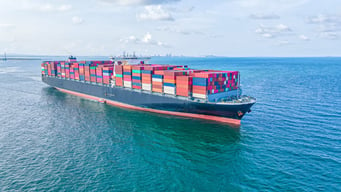
Ocean Freight

Road Freight

Connect with Our Logistics Experts
Choose the specialized line for your specific cargo needs. Our dedicated teams are standing by to assist you in real-time.
